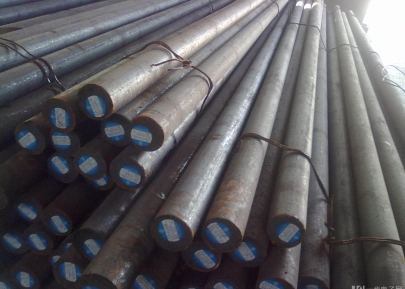Why Copper Blocks Are the Ultimate Choice for Mould Base Precision and Durability
Copper blocks have garnered a reputation in various industries, especially in mold manufacturing, known for their precision and durability. But what makes them the top choice? Let’s dive deep into the world of copper blocks and uncover the magic behind their effectiveness in the mould base arena.
Understanding Mould Bases
A mould base serves as the backbone in the production of various components, especially in industries like automotive and consumer products. It needs to be durable, able to withstand pressure, and precise to ensure the final product is flawless. But how does the material play into this?
The Superiority of Copper Blocks
When it comes to mould bases, copper blocks stand out for several reasons. Below are some key attributes:
- Thermal Conductivity: Copper has one of the highest thermal conductivity ratings, which means it can quickly dissipate heat. For mould bases, this is critical as it prevents deformation and helps maintain the precision of the mould.
- Durability: Copper blocks are resistant to fatigue, heat, and corrosion, unlike many other materials. This ensures a longer service life.
- Ease of Machining: Copper is relatively easy to work with, allowing for intricate designs and shapes without compromising on quality.
Copper Plates vs. Copper Blocks
You might be wondering if there's a difference between copper plates and copper blocks. Here’s a quick comparison:
| Attribute | Copper Plates | Copper Blocks |
|---|---|---|
| Thickness | Thin and wide | Thick and solid |
| Usage | Usually used in low-stress applications | Ideal for high-stress and precision-required applications |
| Heat Distribution | Good | Excellent |
Mould Base Applications of Copper Blocks
What kind of applications are copper blocks good for? Here’s a short list to chew on:
- Automotive Components
- Consumer Electronics
- Medical Equipment
- Industrial Machinery
The Cost Effectiveness of Copper Blocks
It might be tempting to think that copper blocks would break the bank, but let’s look at the cost-effectiveness. Their durability means less maintenance and replacement costs over time, which often outweighs the initial investment. Plus, you won't have to worry about unpredictable breakdowns.
FAQs About Copper Blocks
What types of copper blocks are available?
There are various types, including copper knife block sets which serve decorative and functional purposes in kitchens. However, in industrial settings, solid blocks are preferred for mould bases.
What else are copper blocks used for?
Aside from mould bases, copper blocks are also utilized in heat exchangers, electrical equipment, and even sculpture crafting thanks to their aesthetic appeal.
How do copper blocks compare to aluminum?
While aluminum is also a good conductor, copper outperforms it in terms of thermal management and durability, making it the go-to for high-performance applications.
Are copper blocks environmentally friendly?
Yes! Copper is highly recyclable and can be repurposed without quality loss, making it an eco-friendly choice.
Maintenance Tips for Copper Blocks in Mould Bases
To keep your copper block in optimal condition, adhere to these maintenance tips:
- Regular Cleaning: Wipe down with soft cloth to avoid scratching.
- Avoid Harsh Chemicals: Use mild soap and water instead.
- Inspection: Regularly check for any signs of corrosion or wear.
Conclusion
In a world where precision and durability are key, copper blocks truly shine in the mould base industry. Their impeccable thermal conductivity, durability, and ease of machining positions them as the gold standard. The combination of performance, cost-effectiveness, and versatility make them an unbeatable choice. If you're in the market for a high-quality mould base, make the jump to copper blocks—you won't regret it!



